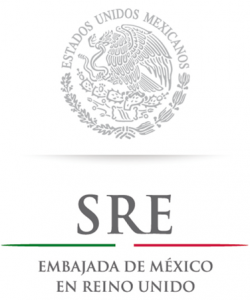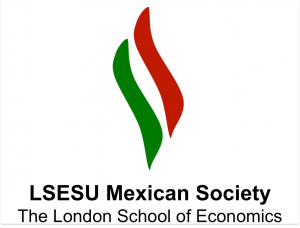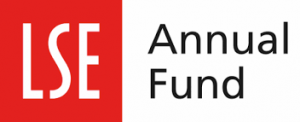Speakers:
Paul Conroy, Photographer, and with Marie Colvin when murdered in Syria – will launch film. Also author of ‘Under The Wire: Marie Colvin’s Final Assignment’
Peter Tatchell, Human Rights Campaigner and Director, Peter Tatchell Foundation
Ronan Tynan, Director/Co-Producer – ‘Syria – The Impossible Revolution’
Sawsan Abou Zainedin, Syrian Human Rights Defender
Chair: Brian Klaas, LSE Fellow in Comparative Politics in the Department of Government, LSE
‘Syria – The Impossible Revolution’, a film by Anne Daly and Ronan Tynan, seeks to unravel the roots and ‘complexities’ of the bloodiest conflict in the Middle East as well as the politics of the Western response. It also examines why some elements on the Left are on the same page as the extreme Right, defending the Assad regime against “US imperialism” apparently oblivious to the role of Iran and especially Russia and her indiscriminate bombing of civilians as well as hospitals which many charge are war crimes?
The film traces the roots of the Syrian revolution through the regime of Assad’s father up to the fall of Aleppo. Using extensive archive and interviews with a wide range of people directly involved as well as experts on the region, the documentary seeks to offer some understanding about a conflict that has plumbed new depths in terms of the toll it has extracted on civilians. Some suggest more than five hundred thousand are already dead, half the population have fled their homes and five millions are now refugees in Europe and neighbouring countries with little prospect of returning any time soon.
Duration: 88 minutes
Entry to the event will be on a first come, first served basis with no ticket required.
Use #LSESyria to join the conversation on Twitter.






